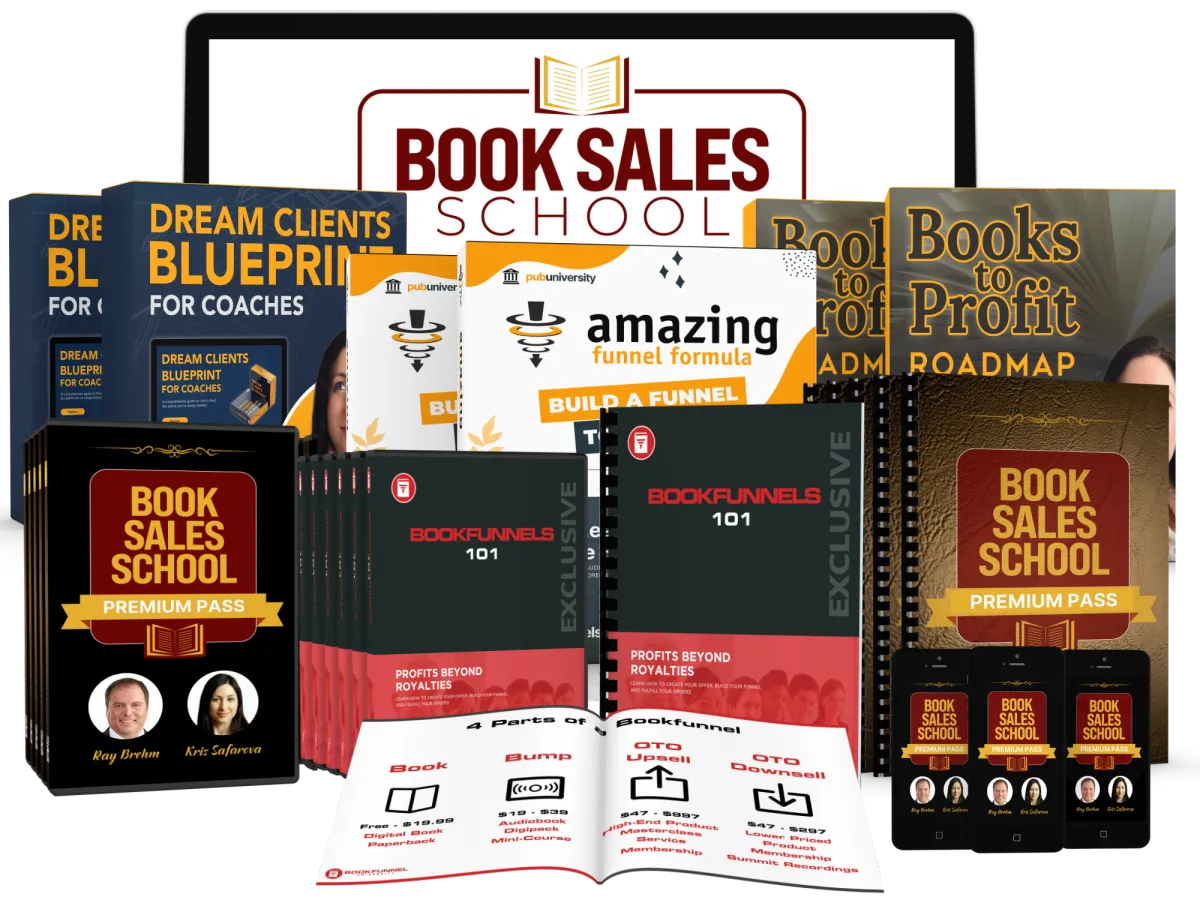
Here's How The Summit Works
You’ll get a new email with a unique access link each day of the 5-day Book Sales School showing you which top experts are presenting.
To make sure you keep getting these emails, please add [email protected] to your address book or whitelist us.
All of the expert sessions will close 48 hours after they go live -- after that, they will be locked away in the Premium Pass Vault.
You can view the full summit schedule /agenda below.
Your Summit Sessions Schedule
which are available until
Can't Make All The Expert Sessions?
Grab the Summit Premium Pass Plus $2,779 in Exclusive
Bonuses And You Won't Miss A Thing...
Day 1
Tom Antion

How to Exponentially Explode Your Sales and Your Income Through Public Speaking
How to make your book lead to something much bigger financially. How to stand out in front of the crowd to exponentially explode your sales and income. In this session, Tom discusses what people need to know to be influential and highly compensated public speakers.
Monique Danielle
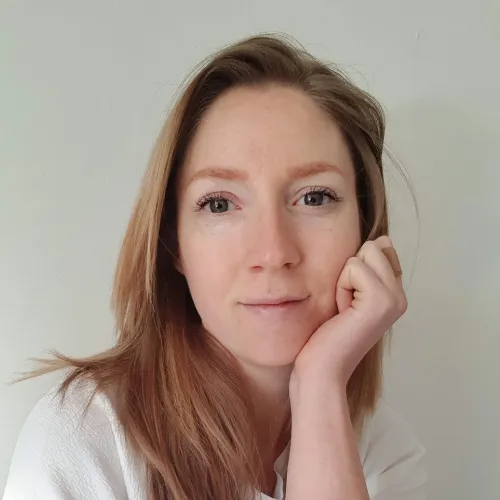
Book Formatting Made Easy for Authors Using Atticus
In this session, Monique shares how indie authors can professionally format their books without hiring a designer, allowing them to save time, money, and avoid frustration. We cover how Atticus, a tool built by authors for authors, simplifies the formatting process while still giving you powerful features. Monique also explains how formatting impacts reader trust and how you can use Atticus to create companion products and grow your email list, turning your books into a long-term revenue engine.
Derek Doepker
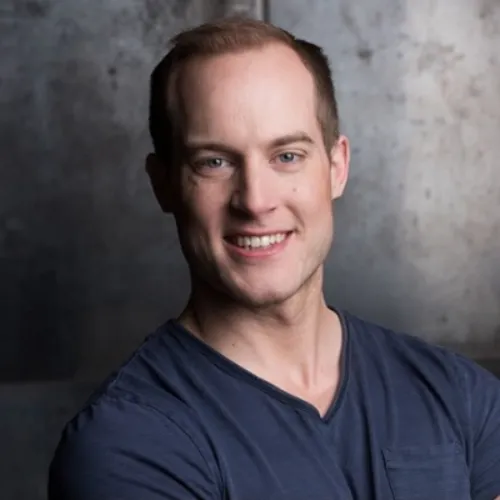
Writing Compelling Book Descriptions
Derek Doepker shares powerful strategies to write compelling book descriptions that sell. He explains why uniqueness and specificity are key and introduces a simple but effective framework for writing descriptions.
Stacy Juba
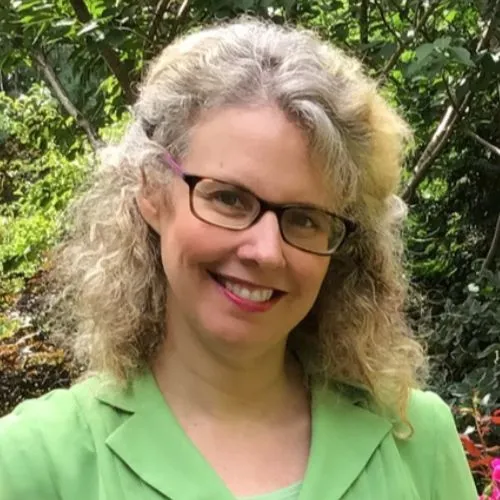
The Most Common Editing Mistakes to Avoid
Stacey discusses the most common editing mistakes writers make, such as overusing vague verbs or letting AI-generated phrases slip in unnoticed. She discusses how to improve your manuscript using tools like Grammarly and ProWritingAid and offers practical tips to strengthen and polish your writing for publication.
Paula Judith Johnson
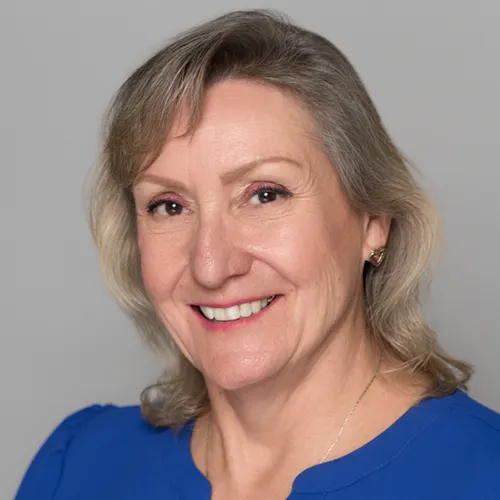
How to Grow Your Email List through Author Swaps
Paula shares how authors can grow their email lists and build community through strategic newsletter swaps. We cover how to find the right authors to swap with, what platforms to use, and how to ensure it’s a win-win.
Shelby Leigh

The Most Common Mistakes Self-Published Authors Make on Social Media
In this session, Shelby discussed common mistakes self-published authors make on social media, and how to fix them. She covers balancing storytelling with promotion, optimizing video content, and building real relationships through messaging, email newsletters, and engagement-first tactics.
Bryan Harris
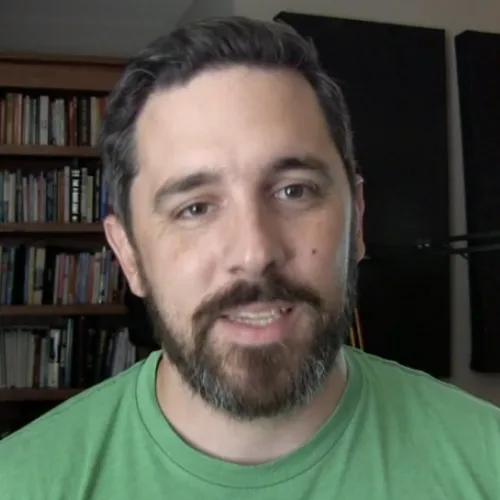
Growth Tools Founder Reveals High Ticket Client Strategies for Coaches, Authors, and Experts
Learn how to land high-ticket clients and grow your business by borrowing other people's audiences. In this session, Bryan Harris, founder of Growth Tools, shares exactly how he helps coaches and authors build six-figure offers without relying on traditional audience-building or low-ticket sales.
Day 1 Available in:
Day 2
Matt Stone

How a Book Cover Can Make or Break Your Book's Success
With over 19,000 covers created since 2018, Matt shares the biggest cover design mistakes authors make, how to spot trends, why AI-generated covers often fall short, and why you should start planning your cover before your book is even written.
Alexa Bigwarfe
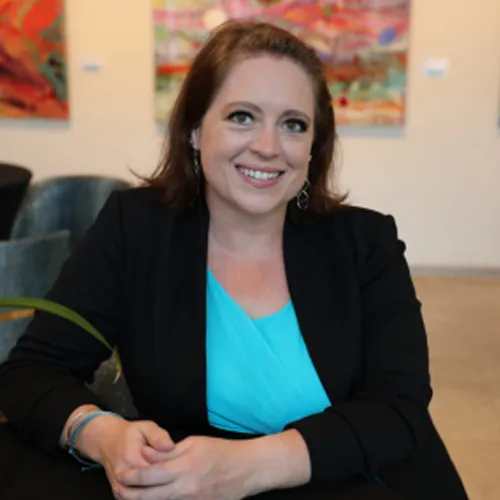
Why Prelaunch Marketing and Early Reader's Teams are Critical to Your Success as an Author
In this session, Alexa Bigwarfe covers how to build buzz before your book launches. She shares how to grow an email list, use alpha, beta, and ARC readers effectively, and why advanced reviews matter. We also talk about what works for fiction versus nonfiction, how to engage early readers, and where to find them, whether through social media, reader groups, or paid services.
Hank Marcacci

Optimizing Your Book for Sale on Amazon Using Publisher Rocket
Hank shares how to get your book discovered on Amazon using the right keywords and categories. He talks about what matters most to Amazon’s 197 million monthly shoppers and how to use Amazon’s philosophy to your advantage. Hank introduces Publisher Rocket, a tool that helps you find low-competition, high-search keywords and categories.
Kristen Martin

Writing Through the Chaos and Marketing on Social Media
Kristen Martin talks about how she adjusted her writing routine to still being able to write despite having almost no time for it, and how she has redefined what constitutes a productive writing session for her. Kristen also shares how she uses social media, particularly TikTok and Instagram Reels, for marketing.
Jessie Cunniffe

How to Write Book Blurbs/Descriptions for Your Back Cover and/or Amazon
With over 1,000 blurbs under her belt, Jessie covers the essentials of writing compelling book blurbs for fiction and non-fiction books that capture readers' attention and avoid negative reviews. Jessie also shares common mistakes to avoid and reveals how to craft a clear, engaging hook that speaks directly to your ideal reader.
John Tighe

AI for Authors
In this session, John Tighe explores the benefits and ethical considerations of using AI in book writing. He introduces 10-80-10 rule when using AI tools and explains how AI can streamline research, editing, and feedback processes. John shares strategies for training AI models like ChatGPT to match your writing style, using custom GPTs, and organizing projects effectively.
Brynne Tillman
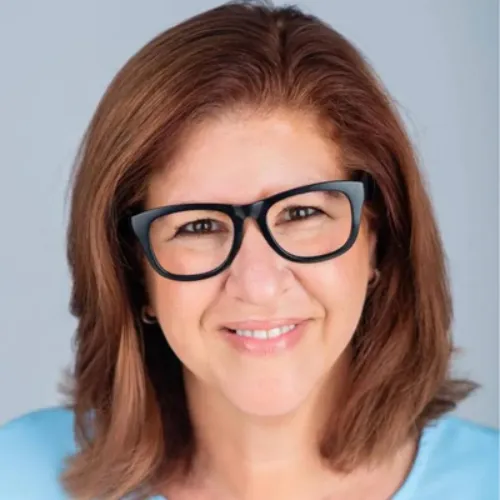
Using LinkedIn to Find Clients and Readers: Do’s and Don’ts
This session is about LinkedIn marketing strategies for authors that work. We cover important insights on how to use LinkedIn to grow your email list and find clients and readers without your outreach messages being viewed as spam. Brynne shares a particular approach you can use to build the relationship step-by-step. We also cover how to not be considered by algorithm as “posts and ghosts” type of user, what your newsletter needs for people to want to sign up and stay, how you can mention your newsletter in posts (and how not to do it), and how to handle calls with potential clients you meet through LinkedIn.
Day 2 Available in:
Day 3
Marcy Pusey
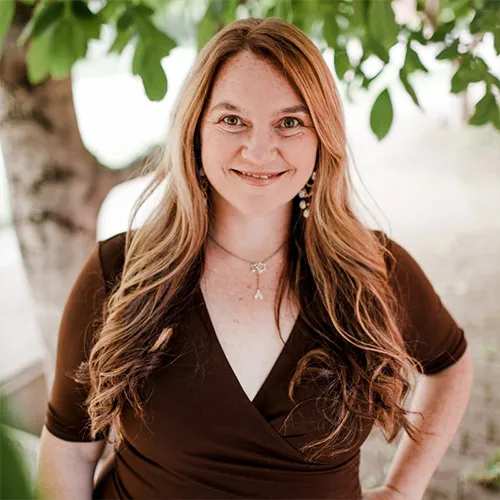
Self-Publishing Mistakes Authors Make and How to Avoid Them
Marcy shares the most common self-publishing mistakes authors make and how to avoid them. We cover why skipping steps can sabotage your book, the value of investing in professional editing and design, and how to align your book with your audience. Marcy talks about launching with intention, dealing with tough reviews, and how to approach publishing as a real business. She also breaks down different publishing paths and how to position your book for long-term success.
Ellen Finkelstein
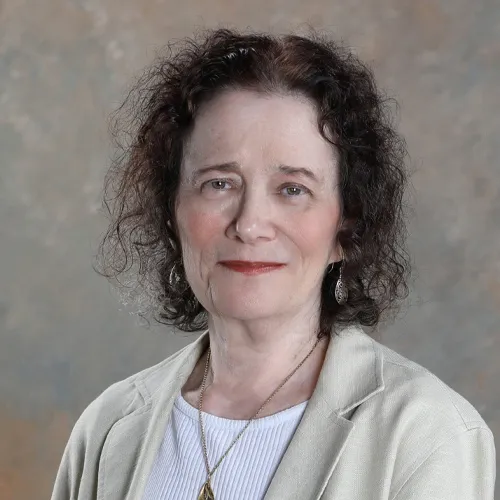
How to Self-Publish eBooks
Ellen shares how to earn creative freedom and higher profits through self-publishing ebooks. She talks about lessons from publishing her bestselling traditionally published books and how she built her author platform with a website and email list, smart ebook pricing strategies, and how eBooks are an underutilized way to offer value to your readers/community and add a meaningful revenue stream.
Alinka Rutkowska
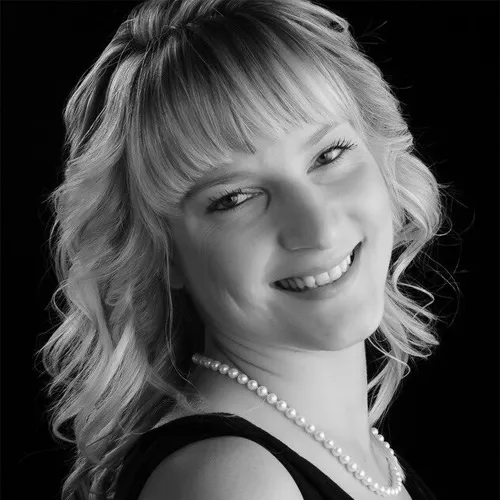
The 3-Phase Approach to Publishing a Bestseller
In this session, Alinka Rutkowska discusses her three-phase approach to publishing a bestseller: strategic positioning, manuscript development, and book marketing and launch. Alinka also talks about training Amazon algorithm to know that your book is new, it just came out, and becoming more popular. We cover figuring out the launch plan. We also talk about 3 publishing models and rights, royalties, marketing support, cost associated with each model.
Dr. Marcia Layton Turner
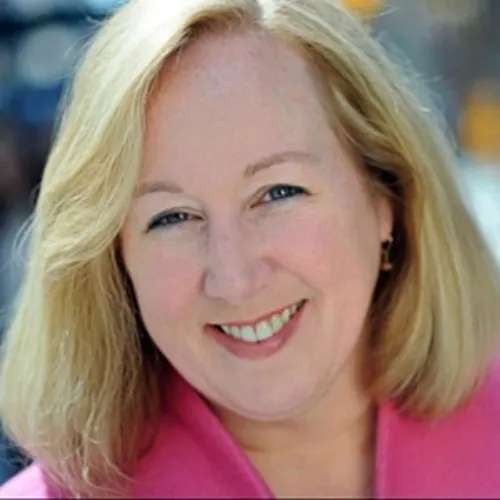
How a Ghostwriter Can Help You Get Your Book Done Faster
Dr. Marcia Layton Turner, a renowned ghostwriter and founder of the Association of Ghostwriters, discusses the benefits and misconceptions of ghostwriting. She explains how ghostwriters act as writing partners, helping authors organize and structure their books. Dr. Marcia shared insights on identifying viable book topics and capturing an author’s voice.
Michelle Brubaker

How to Sell Over 100,000 Book Copies
Michelle shares powerful, free marketing strategies for self-published authors, including how to write effective book listings, use strategic keywords, and make the most of Amazon’s A+ content. She reveals how she sold over 100,000 copies of her activity books using KDP and gained 40 million ad impressions. We also cover how to cross-promote your books, avoid the “no rank found” issue, and use Author Central to build a strong author presence.
Richard McCartney

How to Use AI to Help Promote and Sell More of Your Books in 2025
Richard shares how authors can leverage AI tools to promote their books more effectively in 2025. We cover how to optimize your book description, book covers, categories, and marketing strategy using different tools. Richard also talks about the latest changes on Amazon and why adapting your approach is more important than ever.
Beth Barany

Heart Centered Book Marketing
In this expert session, Beth shares why following trends in book marketing isn’t always the answer and what to do instead. We talk about heart-centered marketing and how to stay true to your authentic energy while still selling books. Beth also covers how to collaborate and cross promote with other authors and why starting a newsletter matters. We touch on the role of AI in self-publishing and why human connection still matters most.
Day 3 Available in:
Day 4
Krista Martin

How to Turn Your Talk into High-Ticket Client Magnet
Krista shares how to turn your talk into a high-ticket client magnet. We cover how to structure both short and long talks to build trust, when to make an offer, and what kind of offer works best. Krista also shares expert tips on pricing, storytelling, and how to guide sales conversations without overwhelming your audience.
Steve Alcorn

Story Structure for Writing Fiction
In this session, Steve Alcorn breaks down the classic “scene and sequel” technique, a storytelling method to help writers craft emotionally rich and well-paced fiction. Steve also touches on the evolving nature of storytelling, the impact of AI in publishing, and why emotional connection is at the heart of great fiction.
Ted Demopoulos

Choosing a Book Topic and Title That Will Serve You Well
Ted shares how to choose a book topic that aligns with your experience and professional goals. We talk about the difference between writing for fun and writing with a business purpose. Ted shares his process and explains how to balance personal meaning with commercial potential. We also touch on the role of AI in writing and why human insight still matters most.
Karen Ferreira
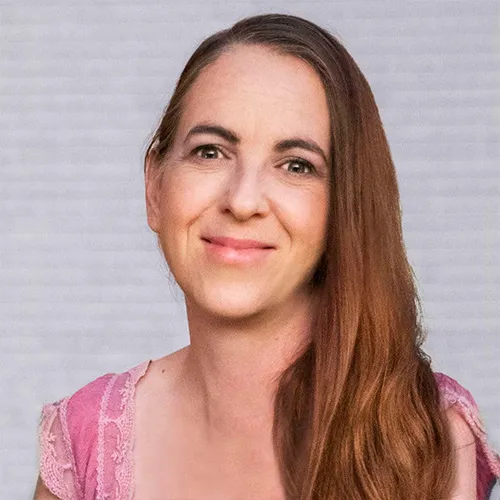
3 Simple Steps to Selling Your Children’s Book with Confidence
You poured your heart into your book. Now it’s time to get it into readers’ hands. In this actionable session, Karen Ferreira shares a proven, three-step strategy to help you sell your children’s book without overwhelm. Discover how to connect with the right buyers, make your book an easy “yes,” and build a simple system to grow your audience and sales, even if marketing isn’t your thing.
Sheila Davis
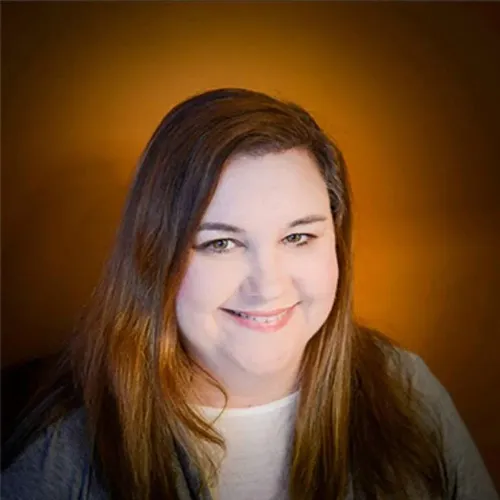
Build Your Email List, Build Your Business: How to Attract, Nurture, and Convert Your Ideal Audience with Email
In this session, Sheila Davis discusses practical email list-building tactics for both new and established businesses. She covers how to use simple, effective lead magnets to attract the right audience and build genuine relationships. She offers tips on nurturing your list and promoting your offers in a way that feels natural.
Lisa Mullis
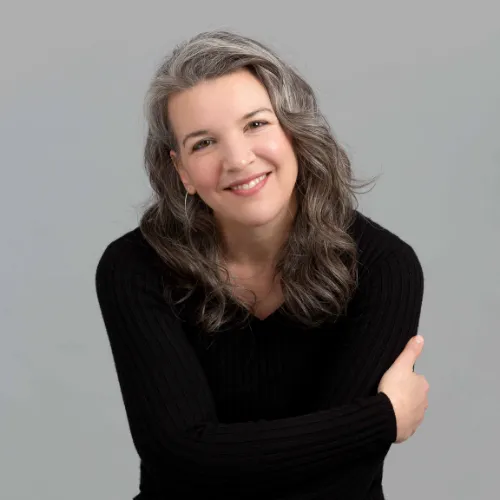
Messaging in the Age
of AI
Lisa discusses the evolving role of AI in messaging for authors and content creators. She addresses key concerns such as content quality, job displacement, and ethical issues, while also looking at the opportunities AI brings to the writing process. Lisa shares a practical three-step plan for integrating AI and the importance of maintaining human involvement to ensure trust and credibility.
Mari L. McCarthy
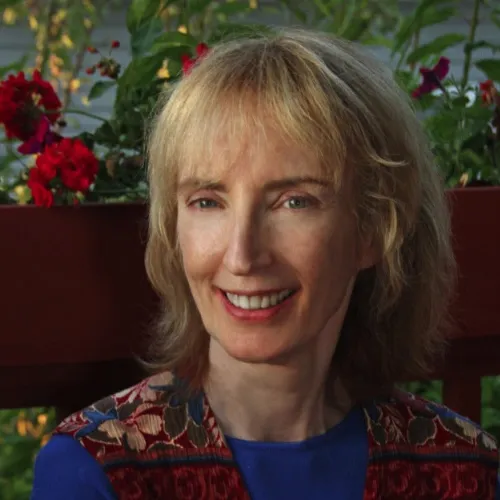
How Journaling For The Health Of It® helps writers heal their "issues in their tissues"
Mari McCarthy, founder of Create Write Now, discusses the transformative power of journaling for authors and individuals. In this session, Mari shares how journaling can tap into the subconscious, aid emotional processing, and enhance creativity. Mari shares her personal journey from physical therapy to emotional healing through journaling and offers practical tips on starting and maintaining a daily journaling practice.
Day 4 Available in:
Day 5
Dan R Morris

What We're Doing to Create a New York Times Bestseller
Dan Morris discusses the marketing strategy behind the launch of Carl Barney's upcoming book, The Happiness Experiment. With a budget of $450,000 and the goal of reaching 10,000 pre-sales on Amazon, this session will explore the extensive outreach efforts and the importance of strategic planning, long-term relationship building, and securing widespread media coverage to ensure the book’s success and its goal of New York Times bestseller status.
Liz Heflin
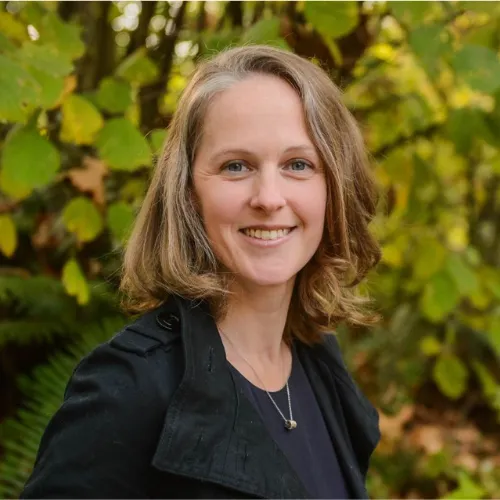
Growing Your Brand on LinkedIn
In this session, Liz Heflin shares how authors can leverage LinkedIn to build a personal brand and diversify their income. Liz covers her journey from client referrals to growing a 31,000-member audience on LinkedIn, using it to sell courses and ebooks. Learn how to identify your audience, set clear goals, and create consistent, engaging content. Liz also shares tips for optimizing your LinkedIn profile, engaging with your community, and using content pillars to maintain a strong brand voice.
Eric Van Der Hope

How to Use a Book as a Tool to Make Money
In this session, Eric discussed common misconceptions about generating revenue from a book. He explained why you should view your book as a product and the importance of marketing and planning beyond just making sales. Eric also advised authors to use online platforms such as Ingram for wider distribution.
Kat Caldwell

Podcasting for Book Marketing and Promotions
In this expert session, Kat shares how authors can use podcasting to market their books, whether as a host or a guest. We cover when it makes sense to host your own podcast and when to focus on guesting, especially depending on whether you're promoting a service or a book. Kat shares tips for preparing as a guest, managing time as a host, her podcasting workflow, and promoting episodes through newsletters and social media.
Carol Abrahamson
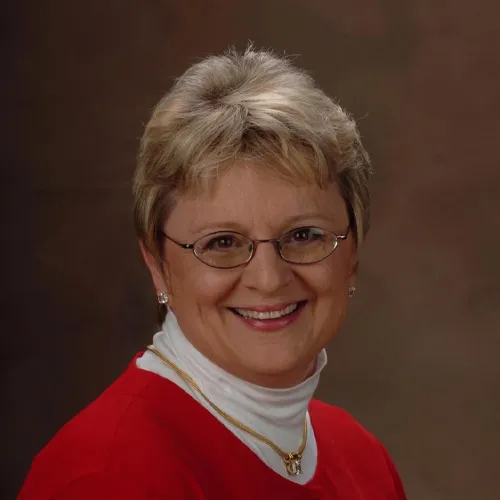
How to Win Book Awards
Carol Abrahamson shares how authors can strategically win Book Awards to boost their credibility and grow their business. With a 75% success rate of winning awards to which Carol applied, she breaks down how to choose the right awards, submit effectively, and maximize your chances by entering multiple categories. The highlight of the session was Carol giving us behind the scenes of how book awards work and what it is like to be a book award judge.
Becky Beach
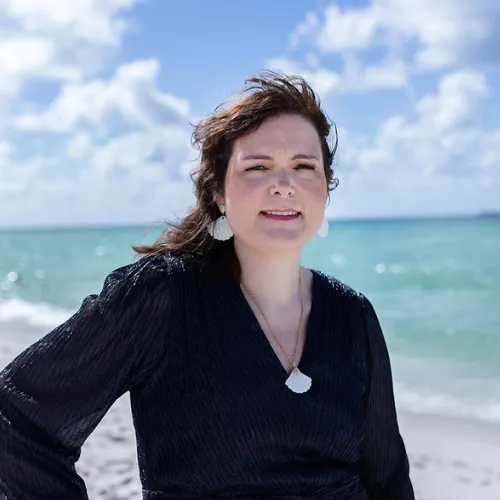
How AI Can Increase Your Book Sales
Becky shares how she uses AI tools like ChatGPT and Publisher Rocket to boost book sales, find the right keywords and categories, and promote her products. We talk about how she self-published over 50 books and created over 1,500 products. Becky also explains how she balances AI with her own voice to keep things authentic and the tools she uses for managing her business.
Janice Hardy
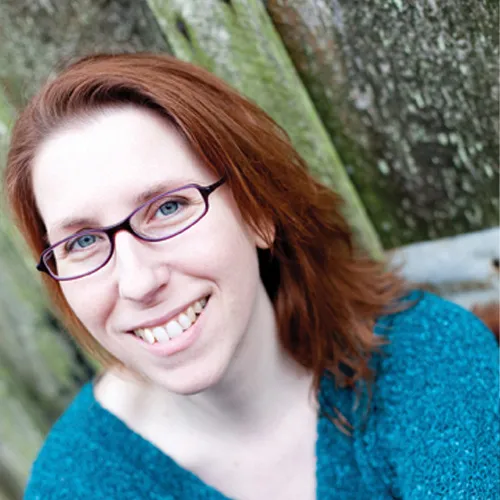
Revision Readiness: How to Revise
This session covers how to approach revision in three layers (story, structure, and line edits) along with how to spot weak stakes, fix pacing through structure, and avoid common traps like editing too early. Janice Hardy also shares practical tools for line-level polish, explains how her process has evolved over time, and reflects on the mental shift required to move from drafting to revising.
Day 5 Available in:
Get Access to Over 30 World Class Sessions
Plus Bonuses valued at $2,779
